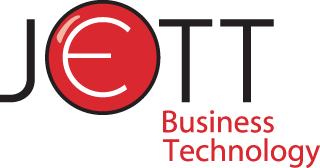In today’s tech-driven landscape, companies grapple with pivotal choices regarding their IT framework, particularly when evaluating cloud computing and on-premise solutions. These two approaches offer distinct sets of advantages and drawbacks, rendering the decision a vital one. In this comprehensive article, we will delve into the fundamental disparities separating on-premise and cloud computing, explore their respective merits, and thoroughly assess the associated risks. Furthermore, we will illuminate how Atlanta cloud computing services can serve as a guiding light, helping companies navigate this intricate terrain.
Differences Between On-Premise and Cloud Computing
At its core, the differentiation between cloud computing and on-premise revolves around the location where data and applications are hosted and managed.
On-Premise Computing
On-premise computing entails deploying software and infrastructure within a company’s physical premises. In this scenario, the organization assumes responsibility for installing, managing, and maintaining its hardware and software. Data is retained within the controlled confines of the organization’s environment, often shielded by its firewall. For businesses operating in heavily regulated industries, on-premise solutions hold allure as they allow for full control over data.
On-premise solutions entail substantial initial expenditures, necessitating investments in server hardware, software licenses, and an IT workforce. Additionally, scalability may be constrained, and the burden of ongoing maintenance and updates falls squarely on the organization’s shoulders.
Cloud Computing
Conversely, cloud computing revolves around hosting data and applications on servers operated by third-party providers, with access facilitated through the Internet. This approach delivers scalability and adaptability, empowering businesses to pay only for resources as required. Cloud computing obviates the necessity for substantial upfront investments in hardware, facilitating rapid resource provisioning.
However, cloud computing ushers in concerns relating to data security and relinquishment of control. Companies must place their data in the hands of external providers, placing reliance on their security protocols. Cloud breaches and downtime have emerged as potential risks.
Benefits and Perils of On-Premise Computing
- Control: On-premise solutions bestow organizations with complete control over their infrastructure and data, a critical feature for industries replete with regulations and entities with stringent privacy considerations.
- Security: On-premise environments can provide heightened security, with data ensconced within the organization’s premises and under its vigilant supervision.
- Costs: While on-premise solutions proffer control, they entail substantial initial capital investments. Companies must invest in server hardware, software licenses, and sustained maintenance.
Advantages and Shortcomings of Cloud Computing
- Scalability: Cloud computing stands as a pinnacle of scalability, allowing businesses the capacity to expand or contract their resources according to fluctuating demands.
- Cost Efficiency: Cloud computing eliminates the necessity for substantial upfront outlays, rendering it cost-effective, particularly for startups and small enterprises. Businesses pay only for the resources consumed.
- Accessibility: Cloud solutions facilitate remote accessibility, enabling personnel to operate from any locale with an internet connection.
- Security Concerns: Data security remains paramount for cloud computing, given that data resides on external servers. Trust in the cloud provider’s security measures is imperative.
- Compliance: Companies governed by industry regulations must ascertain their cloud provider complies with these mandates. Managing compliance can pose challenges within the cloud.
Leveraging Cloud Computing Services in Atlanta
Businesses headquartered in Atlanta embarking on the journey of on-premise vs. cloud computing can leverage the invaluable support of JETT Business Technology’s cloud computing services. These services proffer expertise in deploying, managing, and optimizing cloud solutions, assuaging apprehensions related to security and compliance. The selection between on-premise and cloud computing is a nuanced decision. With the backing of an Atlanta cloud computing business, companies can chart a course through this decision-making process and fully harness the potential of their chosen IT framework.


